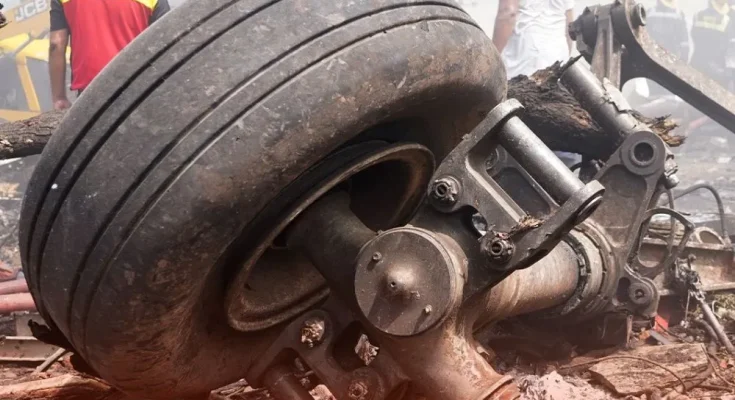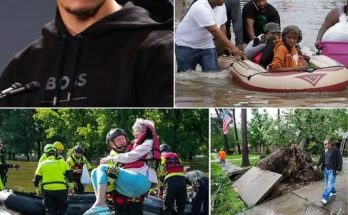An ex-pilot has shared all the reasons that may be behind the numerous plane crashes that have occured recently.
Today (12 June), an Air India flight bound for London Gatwick from Ahmedabad tragically collided with a residential area near the airport.
The plane lost signal just a minute after taking off from Sardar Vallabhbhai Patel International Airport – police are now working to establish the number of people who have lost their lives.
A Delta Air Lines plane also ended up on its roof after landing in Toronto in February, though nobody on board was killed in this instance.

Now, a former pilot has given his opinion on the potential reasons behind these incidents.
How and when did the Air India accident happen?
Air India Flight AI171 was come to London Gatwick after taking off from Ahmedabad, western India on Thursday 12 June.
a Mayday call was issued by pilots, who had lost signal at an altitude of 625 feet but just a minute after leaving the runway and beginning its ascent.
The plane then plummeted and crashed into the BJ Medical College UG hostel in Meghani Nagar, Ahmedabad, which housed doctors.
It was declared that 50 medical students were stable, while four to five are currently missing, with two to three are in critical condition in HDU/ICU.

Authorities recorded that 242 people were onboard when the plane crashed, with 53 being British, and claimed that there appears to be ‘no survivors’ from the flight. This statement was later updated to one survivor.
But why is this one of many aviation tragedies to take place so far in 2025?
Shawn Pruchnicki is currently an Assistant Professor at Ohio State University in the College of Engineering, and worked as a Delta connection pilot for a decade.
The crash investigator and accident causation expert spoke to MailOnline about ‘the safety buffer’ that has ‘eroded in recent years’ in the aviation industry.
Declining safety standards
The former pilot reported that a decrease in standards at airplane manufacturers experienced planes with defects being passed.

Pruchnicki said that it ‘led to the deaths of 346 people in two crashes in less than six months in October 2018 and March 2019’.
He added that the alarm has been raised ‘for years’, and said that unsafe flying has also been more evident when it comes to commercial flights.
Distances between planes
The ex-pilot confirmed that he was ‘sorry to say’ that he wasn’t amazed by the news of the American Airlines flight’s collision with an army helicopter in the skies of Washington DC, as he long feared that an accident like that would happen.
He recalled having a close shave himself, where he came within a few hundred feet of one another, either on the ground or in the air.
“If planes come within a couple of miles of each other, we start to worry,” he admitted, adding: “Any distance noted in feet counts as within a hair’s breadth of disaster!”
“We had a gut feeling that this [oncoming] pilot – who possibly wasn’t familiar with the airport – couldn’t do what he said and so we decided not to cross and to stay where we were,” he remembered.
The oncoming taxiing plane then ‘blasted through’ in front of them, as Pruchnicki continued: “If we’d crossed the runway as directed, there would have been a collision.”
Lack of air traffic controllers

He confirmed that he ‘feels for these controllers’ as thy are ‘over-worked and over-stressed’, while being in charge of people’s livelihoods.
Reiterating that air travel is the safest mode of transport available, he claimed: “Unfortunately, several dramatic incidents in the last year have rattled public confidence in safety.”
Promoting pilots with minimal experience
The expert shared about his worry around both regional and national airlines hiring and boosting pilots ‘with less experience than ever before’.
Pruchnicki shared about the positive measures that must be put in place to ‘solve the problems’ that keep popping up in the aviation industry, as we might deal with more tragedies if we stay idle.
He shared: “We need more qualified candidates in the pipeline for air traffic controllers.
“When the National Transportation Safety Board (NTSB) recommends changes in the wake of their incident investigations they must be implemented,” he explained.



